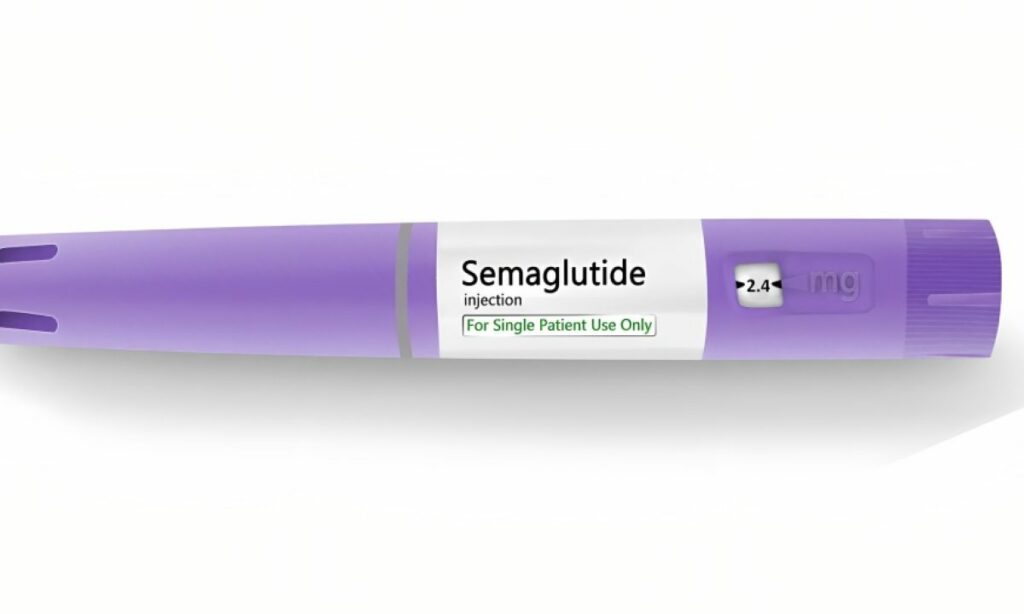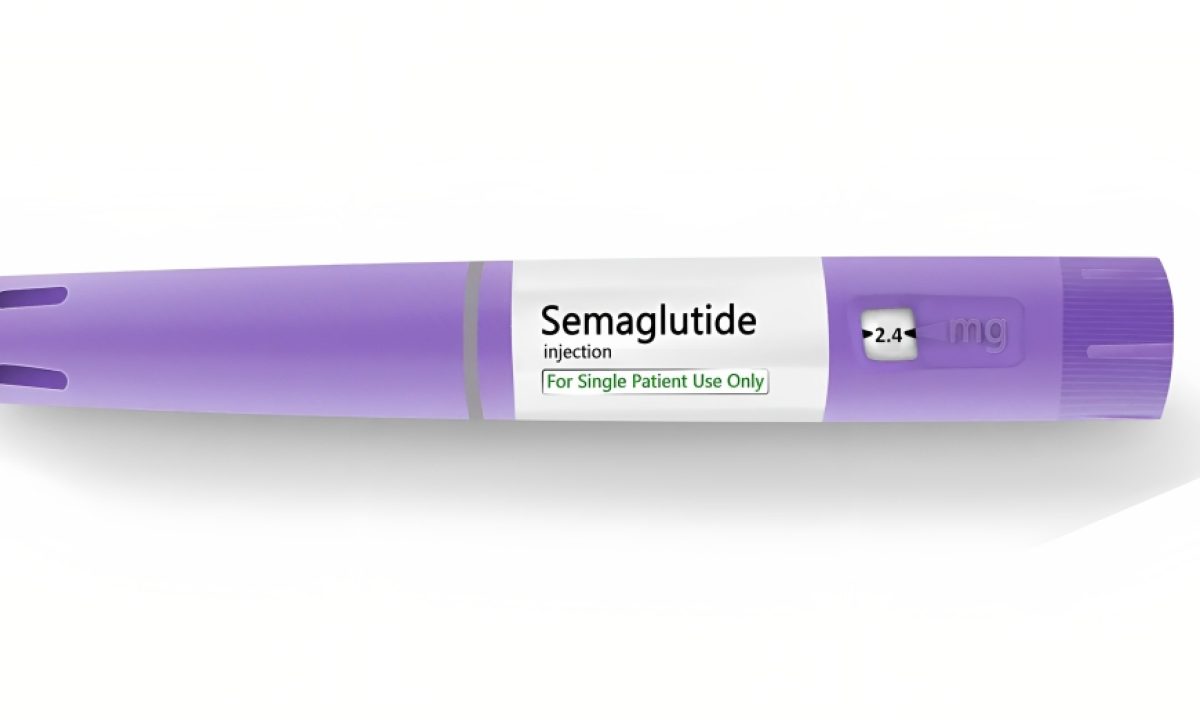Crohn’s disease, a chronic inflammatory bowel disease a condition affecting millions worldwide, currently requires treatments designed to manage symptoms and control inflammation; current solutions also seek more effective and innovative approaches; semaglutide is one such promising drug which has lead us to write this article on semaglutide and crohn’s disease; in this blog post we will investigate its mechanism of action, current research findings, benefits/side effects comparison and compare it with existing therapies.

Introduction
Crohn’s disease is an inflammation of the gastrointestinal tract. It can have severe weakening symptoms and significantly diminish quality of life for those affected. Advancements in treatment options have proven essential in managing this chronic condition – Semaglutide was originally intended as medication to manage type 2 diabetes but has gained attention for its potential use against Crohn’s disease as well.

Semaglutide is marketed under different brand names, depending on its intended use:
- Ozempic: This is the brand name for semaglutide used in the treatment of type 2 diabetes. If you are interested in further details, kindly take a moment to read my blog post titled “Can You Take Ozempic with Crohn’s Disease?” accessible here. As it is more specific for Ozempic and Crohn’s disease.
- Rybelsus: This is another brand name for an oral form of semaglutide, specifically designed for the management of type 2 diabetes.
Semaglutide’s Mechanism of Action
Semaglutide belongs to a class of drugs called glucagon-like peptide-1 receptor agonists. It works by mimicking the action of the hormone GLP-1, which regulates blood sugar levels and contributes to the overall functioning of the gastrointestinal system. By activating GLP-1 receptors, semaglutide helps reduce inflammation and improve symptoms associated with Crohn’s disease.
If you want to seek guidance on how to inject semaglutide, kindly refer to my blog post accessible through the following link. General mode of injecting Semaglutide is same in all cases whether it be for diabetes, weight loss or IBD.
Clinical Trials
Several studies have investigated the use of semaglutide in Crohn’s disease. A phase 2 clinical trial published in the journal The Lancet Gastroenterology & Hepatology in 2019 evaluated the safety and efficacy of semaglutide in patients with moderate to severe Crohn’s disease. It is also being explored for its potential application in ulcerative colitis treatment.

The study found that semaglutide was effective in reducing symptoms, including abdominal pain, diarrhea, and bowel incontinence, and improving overall quality of life. Additionally, semaglutide demonstrated a favorable safety profile, with no serious adverse events reported.
Ongoing Research
Further research is ongoing to explore the potential of semaglutide in Crohn’s disease. A phase 3 clinical trial is underway to evaluate the long-term safety and efficacy of semaglutide in patients with moderate to severe Crohn’s disease. The trial aims to enroll hundreds of people worldwide and is expected to be completed in the coming years.
Current Research on Semaglutide and Crohn’s Disease
Recent studies have shed light on the potential of semaglutide as a treatment for Crohn’s disease. Research has shown that semaglutide can lead to significant improvements in disease activity, including reduced inflammation and improved clinical outcomes. These findings offer hope for patients and healthcare professionals searching for more effective interventions.
Semaglutide and Colitis
Semaglutide, a medication commonly used in diabetes management, is being explored for its potential application in ulcerative colitis treatment. Here are some considerations regarding the use of semaglutide in ulcerative colitis:
- Anti-Inflammatory Properties: Semaglutide exhibits anti-inflammatory properties, potentially beneficial for managing ulcerative colitis’s colon inflammation.
- Symptom Relief: Early research suggests semaglutide may alleviate symptoms like abdominal pain and improve bowel habits in ulcerative colitis patients.
- Mucosal Healing: Semaglutide may support mucosal healing in the colon, a key aspect of ulcerative colitis management.
- Side Effects: Potential side effects include nausea, vomiting, and gastrointestinal discomfort; patients should discuss these with their healthcare provider.
- Individualized Treatment: Semaglutide use should be part of an individualized treatment plan, tailored to each patient’s specific health profile.
Potential Benefits of Semaglutide and Crohn’s Disease Management
1. Symptom Reduction
Patients using semaglutide may experience a notable reduction in Crohn’s disease symptoms, including:
- Abdominal Pain
- Diarrhea
- Fatigue
2. Mucosal Healing
Semaglutide shows promise in promoting mucosal healing, a critical aspect of effective Crohn’s disease treatment.
Side Effects of Semaglutide and Crohn’s Disease Management
It has increased risk of several GI conditions:
1. Nausea
One of the common side effects associated with semaglutide usage is nausea.
2. Vomiting
Patients using semaglutide may experience vomiting as a side effect.
3. Gastrointestinal Discomfort
Mild gastrointestinal discomfort is another potential side effect of semaglutide.
Comparisons with Other Treatments for Crohn’s Disease
Semaglutide is not intended to replace existing treatments for Crohn’s disease but rather to complement them. It offers an additional option for patients who have not achieved adequate symptom control or disease remission with current therapies. Comparisons with other treatments, such as corticosteroids, immunomodulators, and biologic agents, can help healthcare professionals determine the most suitable approach for individual patients.
FDA Approved or Not
Semaglutide has not received approval from the U.S. Food and Drug Administration (FDA) for the treatment of Crohn’s disease.
Conclusion
Semaglutide is effective as an alternative approach for treating Crohn’s disease, providing potential advantages and an alternative treatment approach. However more research needs to be done on its efficacy and safety in long-term. If considering semaglutide for yourself or a loved one as possible treatment option, speak to healthcare professional for personalized guidance based on individual requirements; research indicates semaglutide may become increasingly integral part of managing this chronic condition over time.

